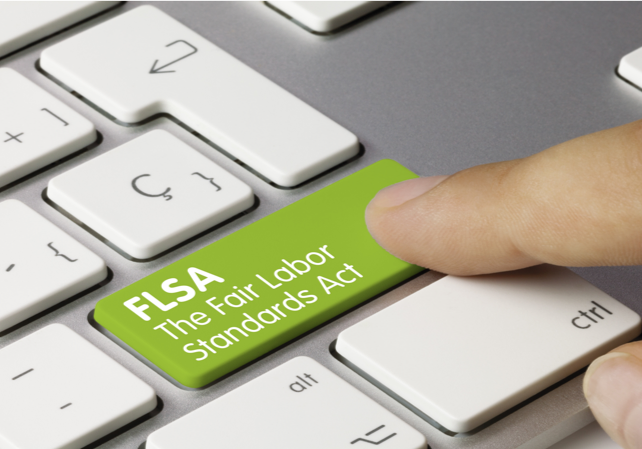
FLSA Claims Are Subject to Arbitration Agreements, 2nd Circuit Holds
An employee who seeks to file a wage and hour lawsuit under the Fair Labor Standards Act (FLSA) can be barred from doing so under a valid arbitration agreement, the United States Court of Appeals for the Second Circuit recently held. The court’s December 2017 decision in Rodriguez-Depena v. Parts Authority Inc. makes it clear that employers can use arbitration agreements to keep FLSA claims out of the courthouse and force them to be resolved in a generally more employer-friendly forum.
Affirming a decision by the U.S. District Court for the Eastern District of New York, the three-judge panel of the Second Circuit unanimously held that the plaintiff’s FLSA wage and hour claims could not be litigated in district court pursuant to a mandatory arbitration agreement he signed when he began his employment.
The Second Circuit’s ruling in Rodriguez-Depena only addressed FLSA claims filed by an individual employee. An open question remains about whether employers can use arbitration agreements to force employees to waive any FLSA-based class action claims they may wish to participate in.
Class action waivers have become increasingly common in employer-mandated arbitration agreements. Large employers include class action waivers because they can prevent employees from pooling their claims together. Since individual wage theft claims usually involve limited damages, collective action is often the only economically viable way to hold an employer accountable. In fact, that is one of the purposes of Section 216(b) of the FLSA, which authorizes class action wage and hour claims.
The U.S. Supreme Court has yet to weigh in on whether class action waivers in arbitration agreements can be enforced to preclude employee collective action lawsuits under the FLSA, but that issue is currently pending before the Court. A decision is expected early in 2018.




